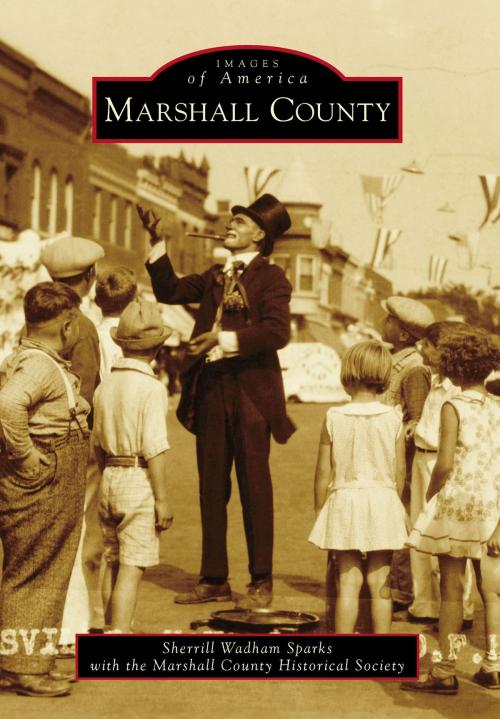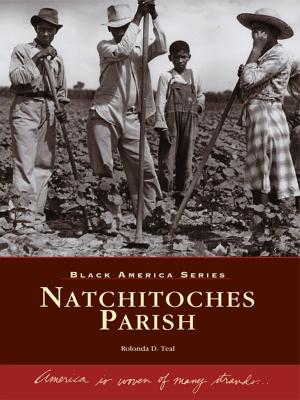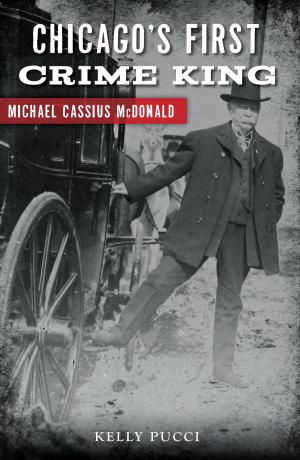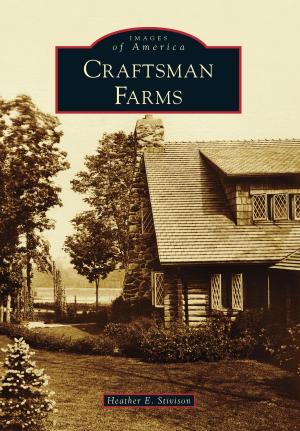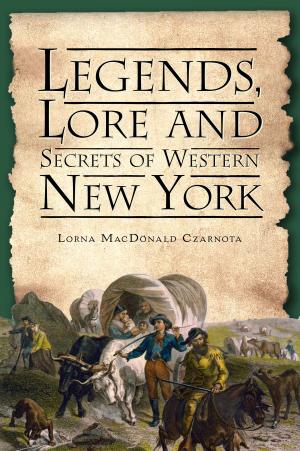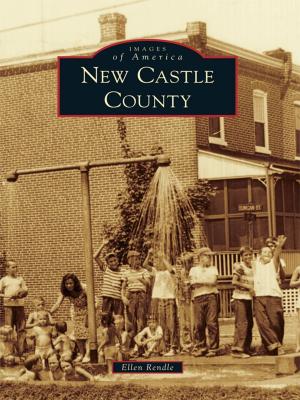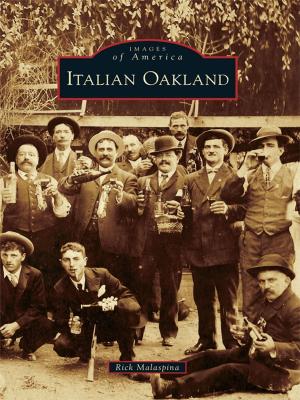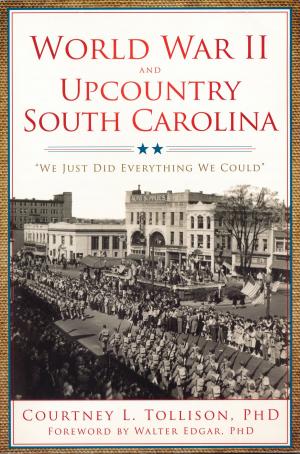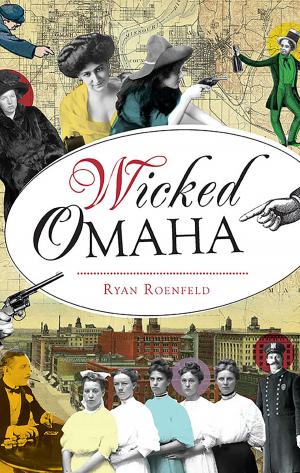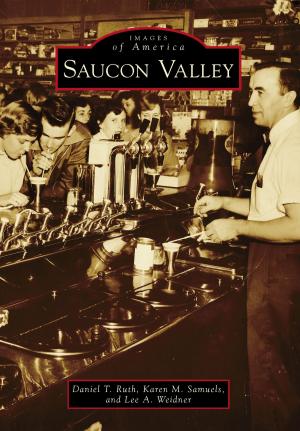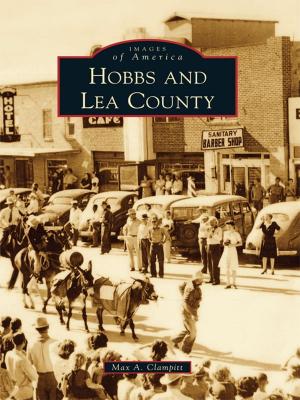| Author: | Sherrill Wadham Sparks, Marshall County Historical Society | ISBN: | 9781439648483 |
| Publisher: | Arcadia Publishing Inc. | Publication: | November 17, 2014 |
| Imprint: | Arcadia Publishing | Language: | English |
| Author: | Sherrill Wadham Sparks, Marshall County Historical Society |
| ISBN: | 9781439648483 |
| Publisher: | Arcadia Publishing Inc. |
| Publication: | November 17, 2014 |
| Imprint: | Arcadia Publishing |
| Language: | English |
The Oregon-California Trail carried more than 100,000 settlers west over the prairies of the future state of Kansas in the mid-1800s. Pioneers and Pony Express riders crossed the Big Blue River at Independence Crossing or at Frank Marshall�s ferry near present-day Marysville. In 1846, members of the Donner Party discovered and named Alcove Spring, now one of 20 county sites listed in the National Register of Historic Places. The Kansas Territorial Legislature established Marshall County in 1855. After the Civil War, rich soil and abundant water attracted farmers, and its location attracted railroads and industry. Today, the same occupations still sustain the 16 towns and villages. As the �Gateway to the Flint Hills,� the county�s rolling hills are dotted with picturesque prairie, woods, limestone outcrops, rivers, and creeks. Even though the county is a crossroads for modern highways US 36 and US 77, pioneer wagon ruts are still visible in Marshall County.
The Oregon-California Trail carried more than 100,000 settlers west over the prairies of the future state of Kansas in the mid-1800s. Pioneers and Pony Express riders crossed the Big Blue River at Independence Crossing or at Frank Marshall�s ferry near present-day Marysville. In 1846, members of the Donner Party discovered and named Alcove Spring, now one of 20 county sites listed in the National Register of Historic Places. The Kansas Territorial Legislature established Marshall County in 1855. After the Civil War, rich soil and abundant water attracted farmers, and its location attracted railroads and industry. Today, the same occupations still sustain the 16 towns and villages. As the �Gateway to the Flint Hills,� the county�s rolling hills are dotted with picturesque prairie, woods, limestone outcrops, rivers, and creeks. Even though the county is a crossroads for modern highways US 36 and US 77, pioneer wagon ruts are still visible in Marshall County.
